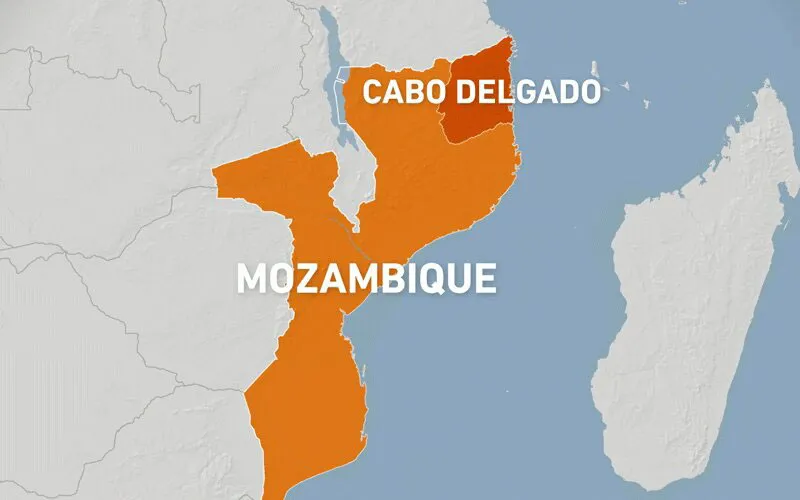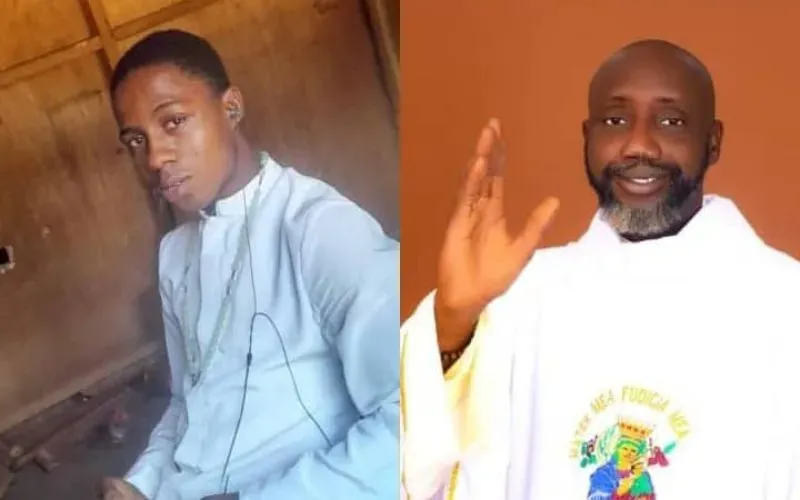They urge mobile network operators to “consider offering free calls or even a certain quota of free calls and texts for people to raise the alarm and seek help” and call on motor vehicle companies to the humanitarian aid agencies and churches with off-road vehicles to transport essential supplies to the region.
To those involved in the resource extraction industry, the Church leaders say they “must contribute to the finding of lasting solutions of the Province, and not limit themselves to the safety of their operations. We appeal to every sector to play their role in the hour of want.”
They also call on the member nations of the Southern African Development Community (SADC) to individually and collectively “respond urgently” to the insurrection in Mozambique.
According to the Church leaders, if SADC fails to address the insecurity, the crisis will soon involve the entire region and impact physically and economically on the lives and livelihoods of the poor in the region.
SADC is a 16-member regional economic community comprising Angola, Botswana, Comoros, Democratic Republic of Congo (DRC), Eswatini, Lesotho, Madagascar, Malawi, Mauritius, Mozambique, Namibia, Seychelles, South Africa, Tanzania, Zambia and Zimbabwe.
(Story continues below)
Besides the Cabo Delgado violence, the ecumenical leaders also call on the leadership of SADC to address the different crises engulfing some of the member States.
They call on the UN to “keep a close eye on these crisis situations besieging our beloved continent before it is too late, when it leads to the dismantling of the Mozambican State due to the greed, driven by the considerable natural resources of Cabo Delgado.”
In their March 4 statement, the church leaders commit to praying with the people of God in Mozambique for an end to the violence.
“As FOCCISA, we shall work with the Christian Council of Mozambique in declaring a time of simultaneous prayer for the grace of restoration and the peace of God,” the ecumenical leaders say.
Founded in 1980, FOCCISA is a member of the World Council of Churches with membership from the council of Churches in Botswana, South Africa, Lesotho, Mozambique, Tanzania, Angola, Namibia, Zambia, Swaziland, Malawi, Kenya and Zimbabwe.
The Southern African Catholic Bishops’ Conference (SACBC) is a member of the Southern African Council of Churches.
Magdalene Kahiu is a Kenyan journalist with passion in Church communication. She holds a Degree in Social Communications from the Catholic University of Eastern Africa (CUEA). Currently, she works as a journalist for ACI Africa.








